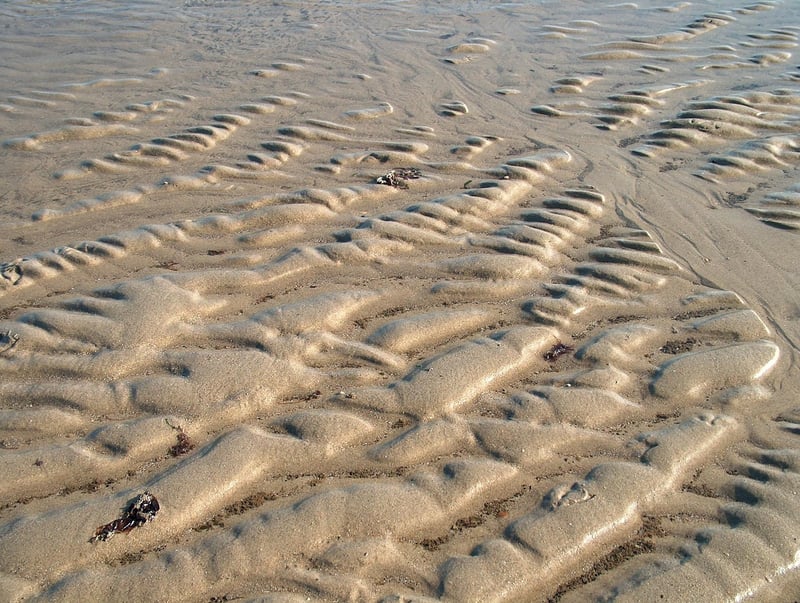Future Gadgets
Unearth Hidden Relics + Future Gadgets
Unveiling the Past:
Exploring ancient ruins and archaeological sites has always been a thrilling adventure for history enthusiasts and treasure hunters alike. Unearthing hidden relics has the power to transport us back in time, offering a glimpse into the lives of those who came before us.
The Excitement of Discovery:
Imagine stumbling upon a lost civilization's artifacts, untouched for centuries, waiting to reveal their secrets. Each discovery holds the potential to rewrite history books, shedding light on forgotten cultures and civilizations.
Preserving the Past:
Archaeologists play a vital role in carefully excavating and preserving these relics, ensuring that future generations can continue to learn from our shared heritage. The preservation of these artifacts is crucial in understanding the evolution of human society.
Embracing the Future:
While delving into the past is captivating, looking towards the future brings a sense of excitement and wonder. Technological advancements have led to the creation of innovative gadgets that were once only seen in science fiction.
Future Gadgets:
From augmented reality glasses to self-driving cars, the future is filled with endless possibilities. Imagine a world where robots assist us in our daily tasks, or where virtual reality transports us to distant lands without leaving our homes.
Blending Past with Future:
As we embrace the advancements of tomorrow, we must also remember the lessons of the past. By combining ancient wisdom with modern technology, we can create a harmonious balance that benefits both present and future generations.
Unlocking Mysteries:
Whether unearthing hidden relics from the depths of history or marveling at the futuristic gadgets that await us, the journey of discovery is an endless and captivating one. Let's continue to explore, learn, and innovate as we unravel the mysteries of our past and embrace the wonders of the future.


For more information on archaeological discoveries and future technologies, visit National Geographic.
